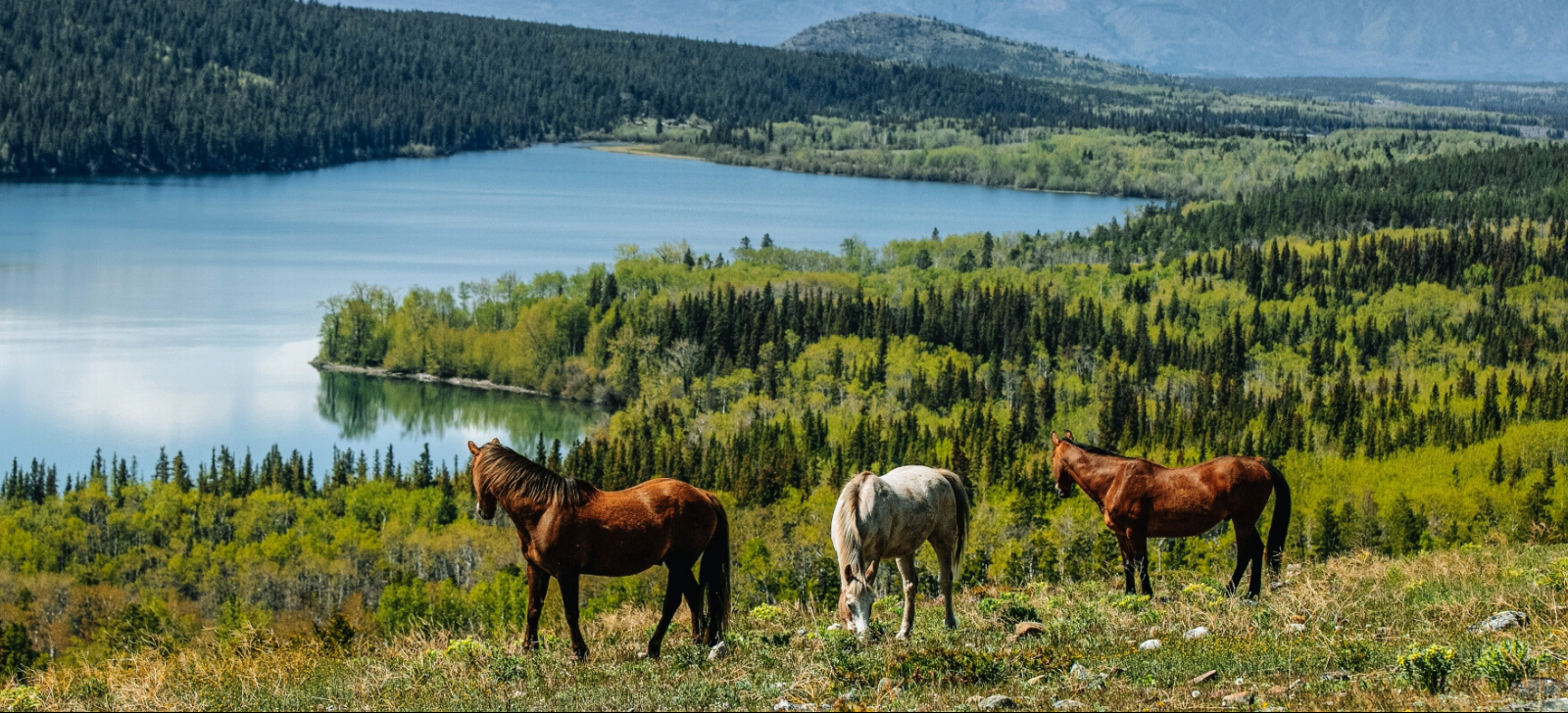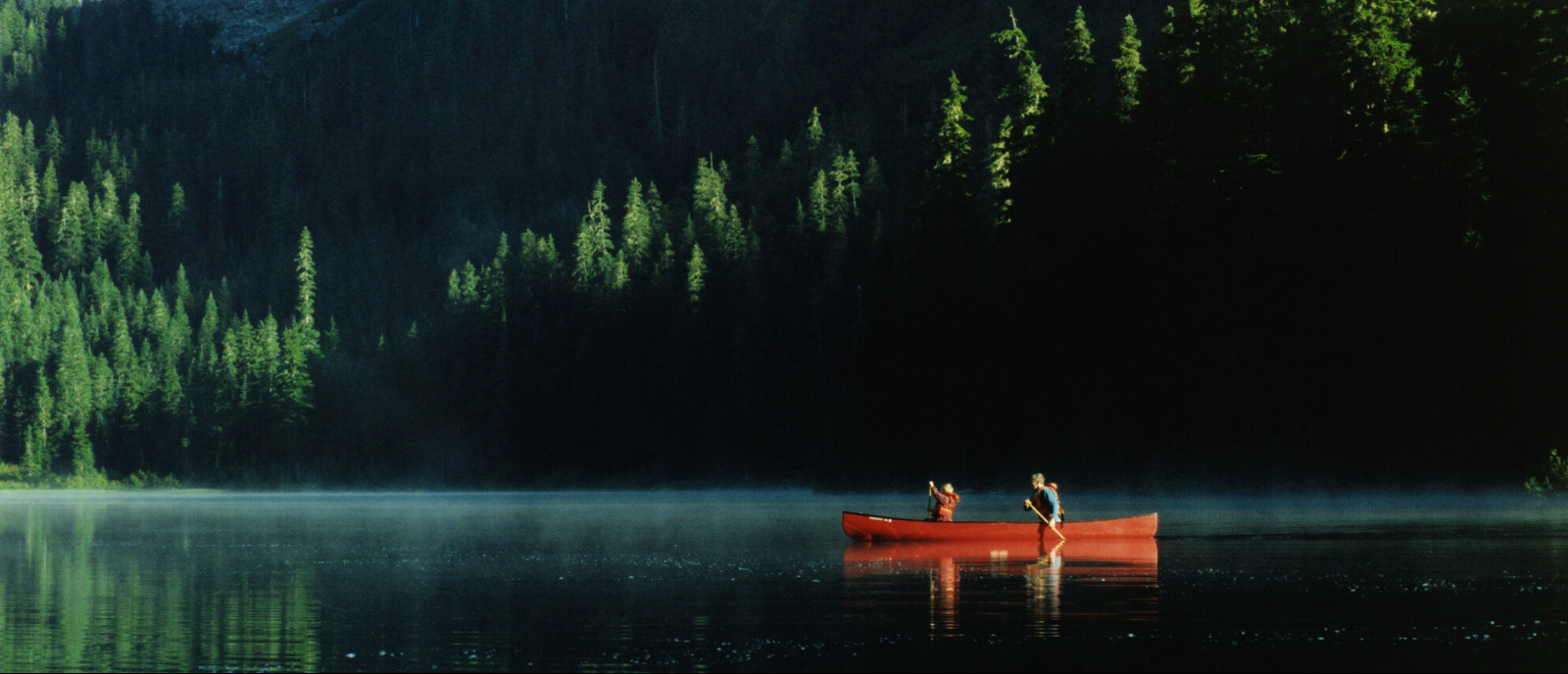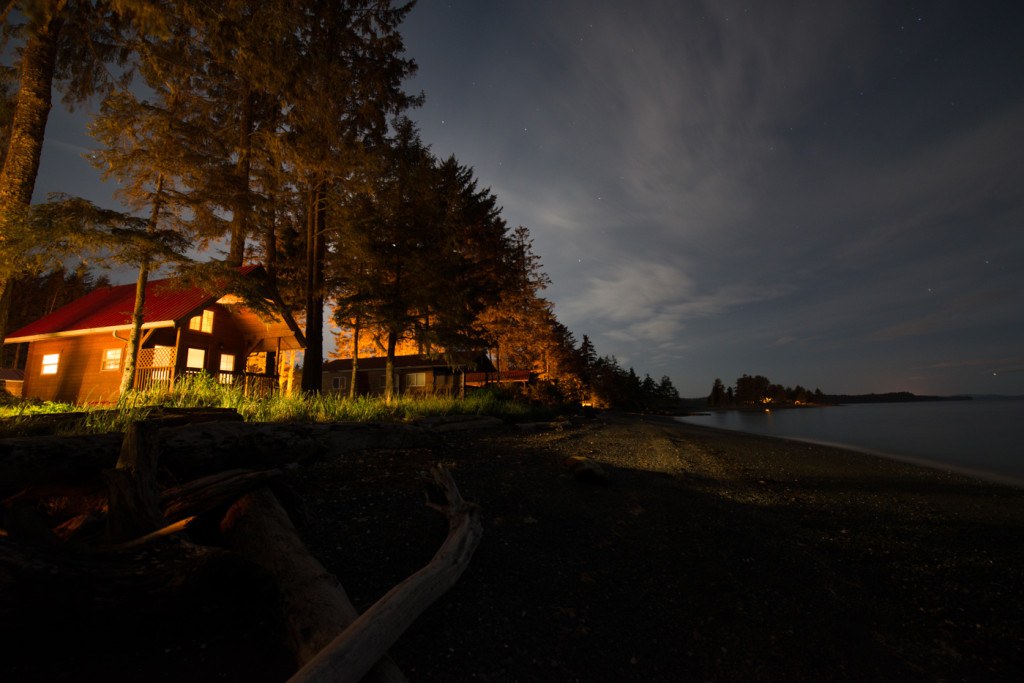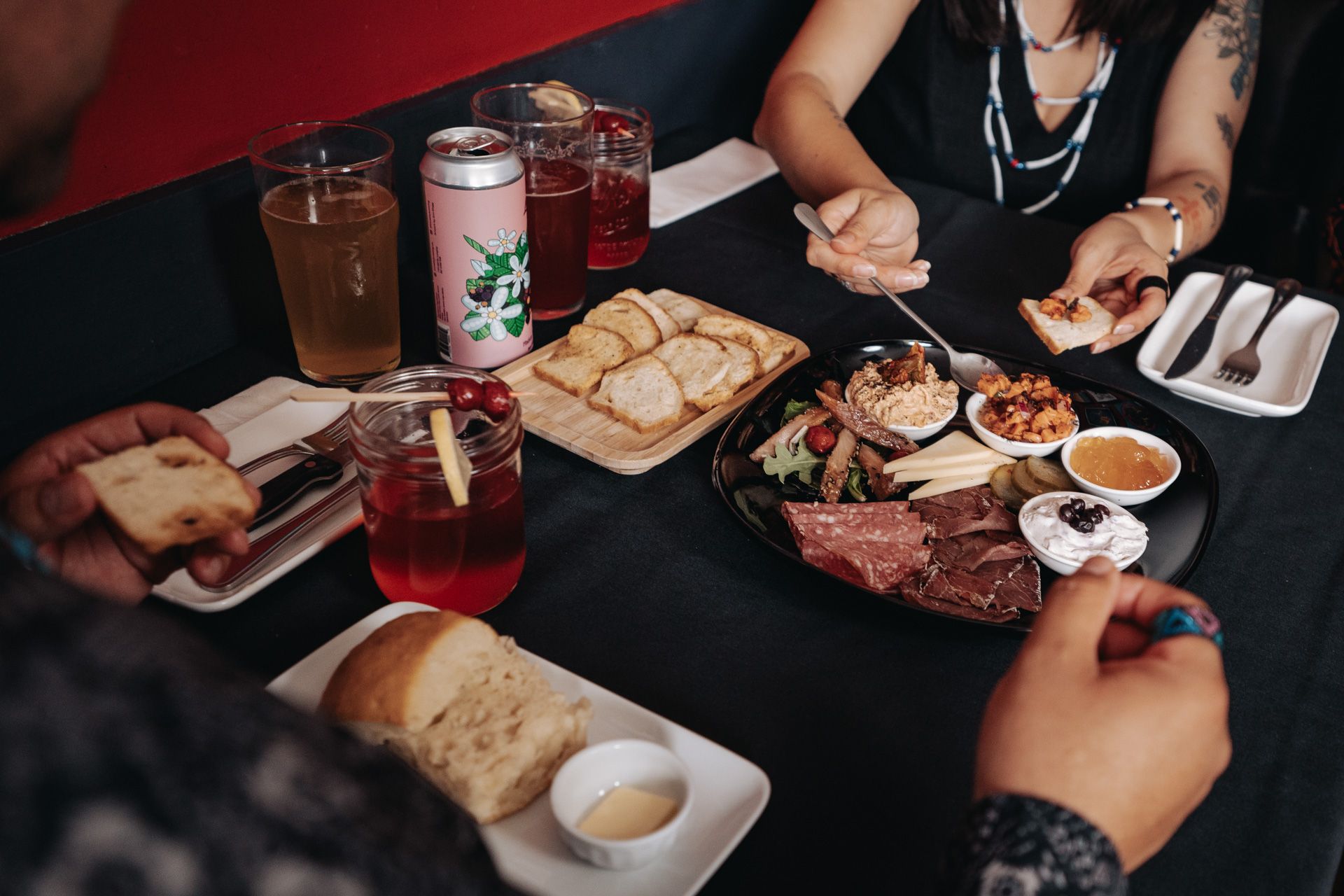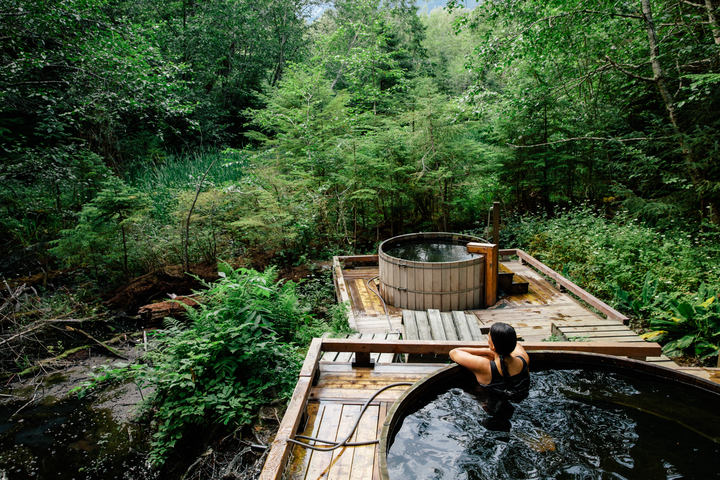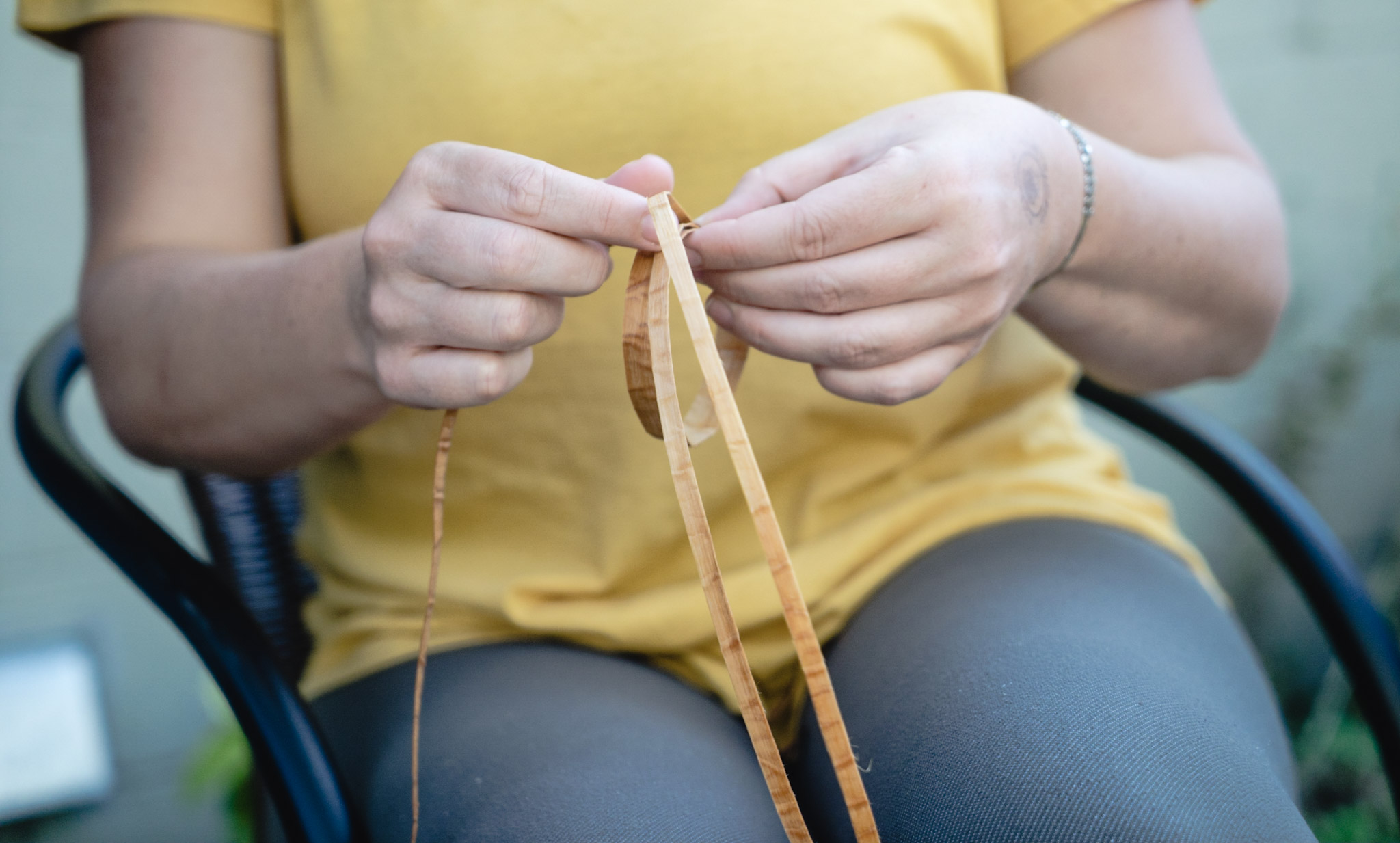

Cedar is the tree of life, and it is used by Indigenous people for protection, ceremony, and in daily life.
Making a small, simple item such as a bracelet reminds us of the limitless physical and spiritual gifts of the land. Tlalaegalis (Paula Cranmer-Underhill) brings cedar medicine to her guests at Spapium ‘Little Prairie’ Farm, located near the junction of the Thompson and Fraser Rivers in ‘Nlaka’pamux Territory.
Tlalaegalis has been weaving cedar for more than 25 years. She learned from her Namgis family in Alert Bay, BC. Her roots are ‘Namgis, Kwakwaka‘wakw, and ‘Nlaka’pamux from Lytton First Nation, where she lives now at Spapium Farm, which sits on lands inherited from her Grandfather. The farm is a healing destination and historic meeting place in ‘Nlaka’pamux Territory.
At the ‘Nlaka’pamux farm, guests connect to the gifts of the land in four-hour cedar weaving workshops and learn to make small items, including bracelets: “I always tell people to wear them in good health when they receive one,” she says.


Cedar has always supplied the Kwakwaka‘wakw with material for bighouses and totem poles, rope, and cooking boxes. Cedar bark is gathered in the spring and used to create clothing and regalia, and household items like blankets and baskets.
The giant trees were also used for dugout canoes as long as 60 feet, which permitted oolichan harvest and trade. The Kwakwaka‘wakw continue to protect powerful grandmother trees that stand in their Territory. All parts of the cedar tree are used to sustain life for the Kwakwaka‘wakw people.
Tlalaegalis shares the cedar medicine she has learned from her‘Namgis family and other traditional knowledge keepers: “It helps people understand our connection to the land, and to the resources, and to one of our medicines”.
